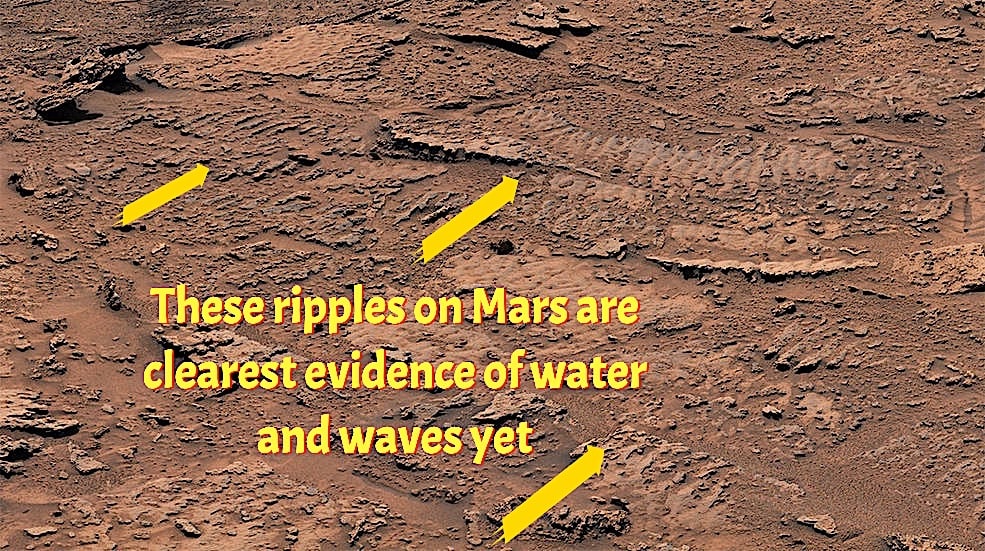Humanity’s fascination with Mars has endured for centuries, a testament to our intrinsic curiosity about the cosmos and life beyond our terrestrial home. The question of whether life exists elsewhere has long captured our imagination. Recent revelations regarding the presence of water on Mars have intensified this intrigue, suggesting that the red planet may hold the keys to answers we have been seeking for eons.
The discovery of water on Mars is not merely a scientific curiosity; it raises profound implications. Water, the cornerstone of life as we know it, has been detected in various forms—ranging from ice at the polar caps to liquid brines on the surface. The latest findings indicate that the Martian environment may have the conditions necessary to support microbial life, should it exist. This tantalizing prospect fuels our hope that we are not alone in the universe and stirs a sense of wonder that propels scientific inquiry.
Through the lens of human history, the allure of exploration has often been driven by the quest for understanding our place within the cosmos. From ancient astronomers who marveled at the visible planets to contemporary scientists using advanced technology to probe Martian terrain, the spirit of discovery remains unchanged. The notion that Mars may have once hosted life, or might still foster some form of microbial existence, compounds the allure. It suggests a shared lineage or parallel evolution that connects us to distant worlds, igniting imaginations and inspiring generations.
Moreover, the presence of water on Mars prompts deeper questions about the sustainability of life. If life ever thrived there, what did it look like? How did it adapt to its environment, and what led to its potential extinction? The environmental conditions of Mars, including its atmosphere, surface temperature, and radiation levels, shape the discourse on habitability. Insights gleaned from studying these factors enhance our understanding of extremophiles on Earth—organisms that thrive in adverse conditions—fostering speculation about life’s resilience across the universe.
Yet, amid the excitement, it is crucial to temper our expectations. While the discovery of water brings hope, life as we know it is a complex interplay of myriad variables beyond the mere presence of liquid. Factors such as nutrient availability, geological activity, and the protective qualities of an atmosphere play pivotal roles in supporting life. As researchers continue to unravel the mysteries of Mars, they also simultaneously reflect on Earth’s own fragility and the delicate balance necessary to sustain life.
In conclusion, the presence of water on Mars does not just hint at the potential for life; it beckons us to adventure into the vast unknown. As we stand on the cusp of further exploration, the next steps—be they robotic missions, human landings, or the search for biosignatures—hold the promise of transformative revelations. Through Mars, we confront our own existence and the tantalizing possibility that we may not be an anomaly but rather a part of a more extensive tapestry of life in the cosmos.
